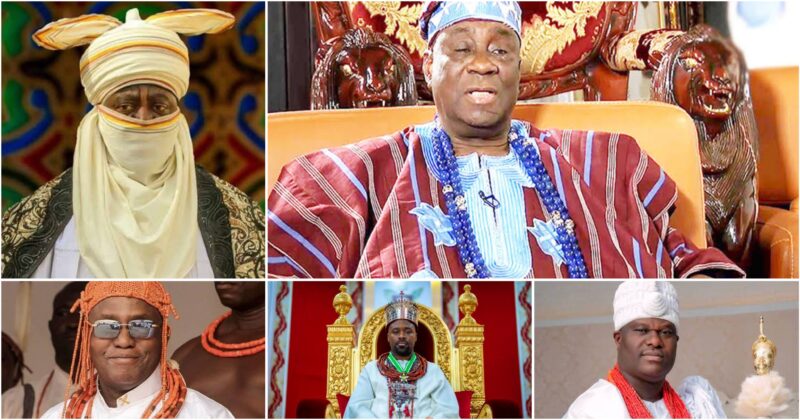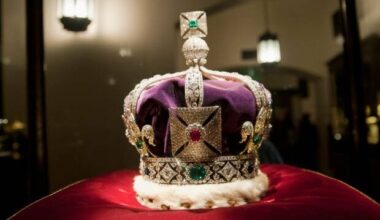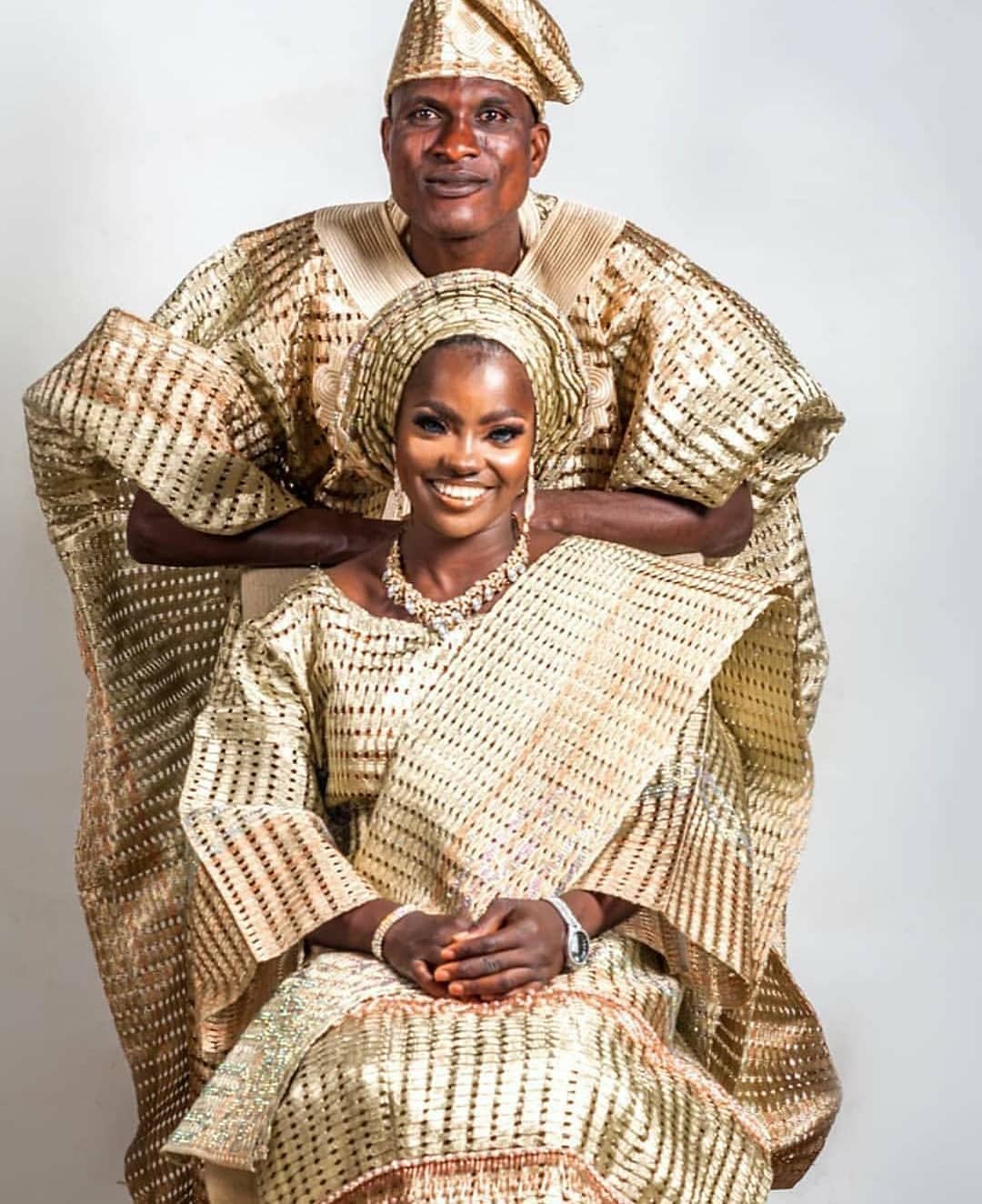Nigeria, a country rich in culture and tradition, has a long history of monarchy and kingship. Before the colonization era, the land was divided into various tribes, each led by a traditional ruler who held significant influence and control over their subjects. These rulers were seen as demi-gods, guiding their towns and reflecting the wishes of the gods. With the advent of colonialism, the role of traditional rulers changed, but some managed to retain their power and influence. In this article, we will explore the most powerful kings in Nigeria, their historical significance, and their impact on the country’s politics and society.
1. Emir of Kano

The Emir of Kano, the head of the Kano Emirate, holds a prominent position in Nigeria’s traditional monarchy. The Kano Emirate came into existence in 1805 after the Fulani Jihad, and since then, the Emir of Kano has served as a bridge between the colonial government and the people. One notable Emir is Mallam Muhammad Sanusi II, who not only held the position of Emir but also served as the Governor of the Central Bank of Nigeria. The Emir of Kano commands respect from Muslims across the country and wields significant power within its jurisdiction.
2. Alaafin of Oyo
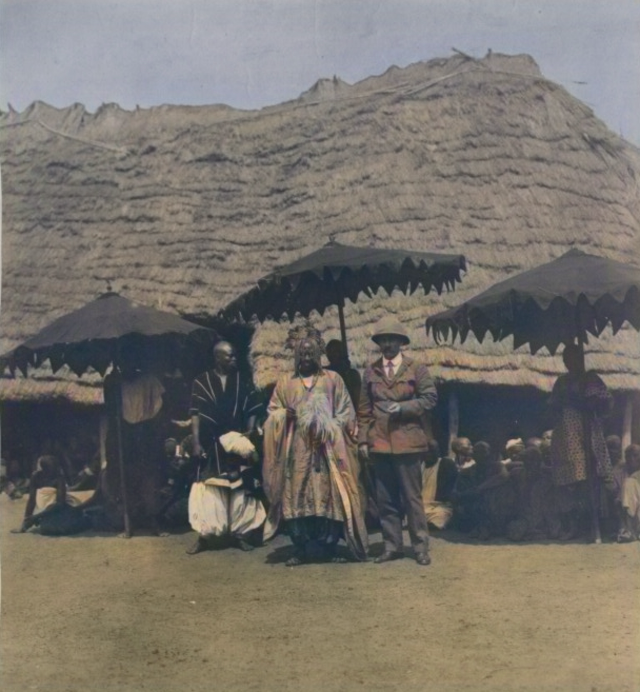
The Alaafin of Oyo, meaning “king” or “ruler” in the Yoruba language, is one of the most influential monarchical titles in Nigeria. The Alaafin’s role dates back to the absorption of the Oyo Kingdom into southern Nigeria in 1900. The Alaafin of Oyo is known for his power to question and command death, symbolizing his authority over his people. The throne of the Alaafin of Oyo remains influential and holds great respect among Nigerians.
3. Sultan of Sokoto

The position of the Sultan of Sokoto has been held in high esteem since the era of British rule in Nigeria. The Sultan, also known as “Sarkisian Musulmi,” not only had absolute power in the administration of Sokoto but also serves as the spiritual leader of Muslims in Nigeria. The current Sultan, Muhammadu Sa’ad Abubakar IV, is the 20th Sultan of Sokoto. The succession to the throne is based on family ties and social standing, ensuring the continuity of this influential position.
4. Ooni of Ife

The Ooni of Ife, the traditional ruler of Ile-Ife in Osun State, holds a significant place in Nigerian history. Ile-Ife, the ancestral home of the Yorubas, is an ancient city in southwest Nigeria. The current Ooni, Adeyeye Enitan Ogunwusi Ojaja II, ascended the throne in 2015. The Ooni of Ife’s power extends beyond his local community, as he is regarded as a representative of the entire Igbo ethnic group. The Ooni’s influence and respect stretch both domestically and internationally.
5. Dein Agbor

Agbor, an Iboh town in Delta State, is home to the Dein Agbor throne, which was established by Omini from Agueri. Benjamin Ikechukwu Kaegborekuzi, the current Dein Agbor, entered the Guinness Book of Records in 1981 as the world’s youngest monarch. Despite his young ascension, he has made an impact on his community and continues to play a significant role in the Iboh tradition.
6. Oba of Benin

The Oba of Benin, also known as the “Omo N’Oba,” is the ruler of the Edo people and the custodian of Edo culture in the state. The present Oba, Ewuare II, ascended the throne in 2016. The Oba of Benin, historically considered a god, held the position of the Head of State of the Benin Empire. Today, the Oba’s power extends not only to cultural matters but also to political decisions within the territory.
7. Oba of Lagos
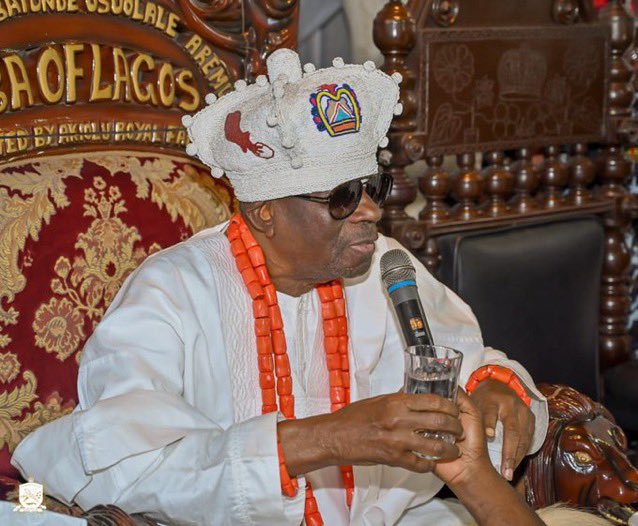
The Oba of Lagos, the traditional and sovereign figure in the city of Lagos, holds a unique position in Nigerian monarchy. The title traces its lineage to Ashipa, a war captain of the Oba of Benin. The present Oba, Rilwan Akiolu, serves as a figurehead, with his power covering all traditional activities in the land. While the Oba of Lagos may not possess political power, politicians still seek his advice and guidance.
8. Obi of Onitsha

The Obi of Onitsha, associated with the conduct of essential aspects of Onitsha’s local affairs, is regarded as a representative of the Igbo people. The current Obi, Nnayelugo Alfred Nnaemeka Achebe, holds a significant influence within the locality of Onitsha and is considered a semi-divine figure, embodying the ancestral spirit of the Igbo people.
9. Olubadan of Ibadan

The Olubadan of Ibadan, the royal title of the king of Ibadan land, holds a position of authority over the Ibadan people. The Olubadan is chosen from two ruling families on a rotational basis, ensuring a fair and balanced representation. The Olubadan leads the Olubadan-in-council, which serves as the traditional head of each of the eleven local governments in Ibadanland.
10. Olu of Warri

The Olu of Warri, as the head of the Itsekiri people, plays a crucial role in the traditional state of Warri in Delta State. The Olu’s power and influence extend to various aspects of the Itsekiri community, ensuring the preservation of their culture and heritage.
Conclusion
The traditional rulers and kings in Nigeria continue to hold significant positions within their communities and play essential roles in the country’s culture, tradition, and even politics. Despite the changing times and the reduction in their powers, these kings remain influential figures, commanding respect from their subjects and beyond. Their thrones have withstood the test of time, and their titles remain relevant, reflecting the rich historical and cultural heritage of Nigeria.
